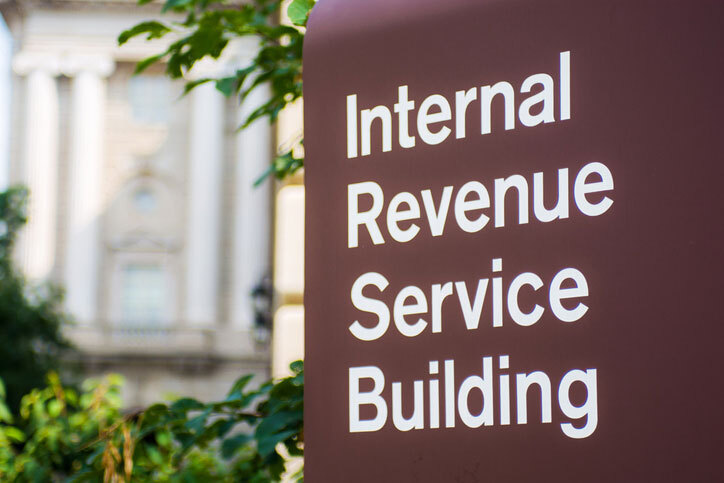Everything You Need to Know About Innocent Spouse Relief
It’s so much more convenient to file jointly once you’re married. However, letting your spouse handle all of the finances without knowing what’s going on can be incredibly detrimental to your financial stability. No one plans for divorce or being widowed, but these are common occurrences. If, for whatever reason, you find yourself subjected to IRS collection tactics due to your spouse’s mistakes, you may qualify for Innocent Spouse Relief.
What does Innocent Spouse Relief Mean?
The financial responsibilities that you inherit from your spouse can be relieved through Innocent Spouse Relief. If your spouse improperly filed your returns unbeknownst to you, then you are not at fault. This relief program was created to protect spouses that were unable to or simply didn’t have a hand in the household’s finances. This way, the liability will fall onto the spouse that filed. In the event that you are a widow, the liability can be relieved.
How to Qualify for Innocent Spouse Relief
The criteria taken into consideration for Innocent Spouse Relief is very straight forward. The spouse that didn’t take part in the filing is typically the spouse that would apply for this type of relief. Here is a list of things that the IRS will look into while evaluating your situation:
Joint filing. If you didn’t file jointly, then your tax issues fall back onto you.
You must be able to prove that your spouse misfiled the joint returns.
Upon your signing of the return, you could not know or recall that the return in question was filed incorrectly.
Given specific conditions, it would be unfair to be held responsible for said unpaid taxes.
Erroneous items. Essentially, items that were either incorrect or left out of a return. Some of the most common erroneous items include items that went unreported, incorrect use of deductions, credit, or basis claimed by the spouse.
Need Professional Help with Applying for Innocent Spouse Relief?
Being someone that has not had to touch a tax file in years, you may need some help with catching up or applying for Innocent Spouse Relief. If this sounds like you, we highly recommend professional assistance with your tax issues.
At TaxRise, we have in-house tax professionals and attorneys to guide you in your journey toward relief. For assistance or more information regarding tax relief services, contact us today.
Any new or systemic Liens and/or Levies will also be suspended for the time being.
For taxpayers who are considered “seriously delinquent”, the IRS will suspend any new certifications for the remaining period. Any taxpayer who falls into this category in reminded and encouraged to enter into an Installment Agreement or apply for an Offer In Compromise.
The IRS will not forward any new delinquent accounts to private collection agencies at this time.
Taxpayers have until July 15, 2020 to verify to the IRS they are qualify for the Earned Income Tax Credit or to confirm their income. If the taxpayer is unable to verify their credentials or provide appropriate documents for this credit, they are encouraged to notify the IRS before the deadline. No cases will be denied this credit for failure to provide requested information until July 15.
Case workers will continue business as usual. However, most case work will be conducted remotely (video/over the phone conferences). Any requests for documentation sent by the Office of Appeals should be responded to in a timely manner to ensure a smooth process.
The IRS will continue to take the appropriate measures to stay compliant and protect the applicable statutes of limitations. In situations where certain statutes may be compromised, taxpayers are encouraged to extend such statutes. Otherwise, Notices of Deficiency will be issued by the IRS and similar actions will be pursued to protect the interests of the government in preserving such statutes. Where a statutory period is not set to expire during 2020, the IRS is unlikely to pursue the foregoing actions until at least July 15, 2020.
Practitioners are reminded that PPS wait times may be significantly longer, depending on staffing levels and allocations going forward. The IRS will continue to monitor this as situations develop.
“The IRS will continue to review and, where appropriate, modify or expand the People First Initiative as we continue reviewing our programs and receive feedback from others,” Rettig said. “We are committed to helping people get through this period, and our employees will remain focused on these and other helpful efforts in the days and weeks ahead. I ask for your personal support, your understanding – and your patience – as we navigate our way forward together. Stay safe and take care of your families, friends and others.”
Learn how easy it is to qualify for tax savings.




